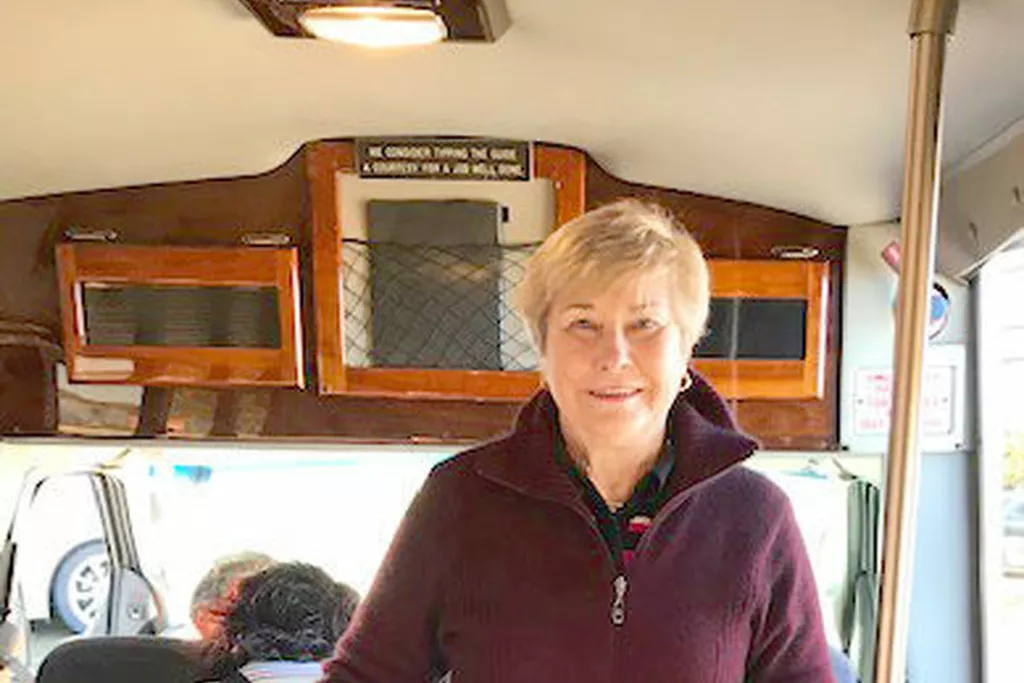Beverley Bloomfield has always been a fighter. It was that fighting spirit that helped her survive and recover from a mini-stroke.
While Beverley was watching TV one Monday night, as she typically did, she noticed a strange feeling on the right side of her head. Her arms and legs went limp shortly after.
She sat there for 2 minutes, unable to move. But Beverley didn’t panic. Due to her family history, she realised she was having a transient ischemic attack (TIA) – a mini-stroke. She knew it was vital that she get help immediately.
Beverley struggled across the lounge room, trying to reach her phone. She fell several times, but she managed to grab her phone and call an ambulance. Beverley then forced her body down 17 steps to unlock her front door for the paramedics.
Beverley’s extremely high blood pressure reading of 220/115 was also alarming. After numerous tests at the hospital, she was moved to the stroke ward, where she was closely monitored.
Despite Beverley being unable to move her left leg properly after the TIA, she walked rapidly up 20 steps as part of her monitoring.
“It’s not a race,” her nurse said.
“Yes, it is. I am going home,” Beverley responded.
And she did.

Beverley knows that life can’t be put on hold. Her father had a heart attack at only 32 years of age, and several strokes at 36. He passed away at age 52, after spending his remaining years in a nursing home.
Despite this family history and her own health concerns, Beverley remains positive. She is careful to keep an eye on her blood pressure as well as follow-up regarding her TIA, but she refuses to allow it to stop her love of travel. This year she will celebrate her 79th birthday in Rome, and she already has her 80th birthday cruise booked from Amsterdam to Budapest.
How is HRI helping?
Pioneering research by our Thrombosis Research Group is focused on finding safer, more effective therapies to treat ischaemic stroke. Studies by HRI scientists have already discovered a novel drug class that can safely reduce dangerous blood clotting. They will test this novel drug in combination with thrombolysis to improve the dissolution of damaging blood clots that block blood flow to the brain. The ultimate aim of these studies is to reduce brain damage and improve outcomes post stroke-recovery.


